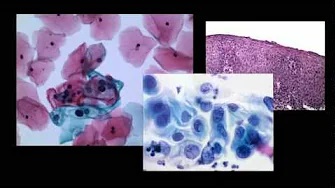Document Type
Article
Publication Date
1-1-2022
Abstract
The production of personalized cancer vaccines made from autologous tumour cells could benefit from mechanisms that enhance immunogenicity. Here we show that cancer vaccines can be made via the cryogenic silicification of tumour cells, which preserves tumour antigens within nanoscopic layers of silica, followed by the decoration of the silicified surface with pathogen-associated molecular patterns. These pathogen-mimicking cells activate dendritic cells and enhance the internalization, processing and presentation of tumour antigens to T cells. In syngeneic mice with high-grade ovarian cancer, a cell-line-based silicified cancer vaccine supported the polarization of CD4+ T cells towards the T-helper-1 phenotype in the tumour microenvironment, and induced tumour-antigen-specific T-cell immunity, resulting in complete tumour eradication and in long-term animal survival. In the setting of established disease and a suppressive tumour microenvironment, the vaccine synergized with cisplatin. Silicified and surface-modified cells from tumour samples are amenable to dehydration and room-temperature storage without loss of efficacy and may be conducive to making individualized cancer vaccines across tumour types.
Recommended Citation
Guo J, De May H, Franco S, Noureddine A, Tang L, Brinker CJ, Kusewitt DF, Adams SF, Serda RE. Cancer vaccines from cryogenically silicified tumour cells functionalized with pathogen-associated molecular patterns. Nat Biomed Eng. 2022 Jan;6(1):19-31. doi: 10.1038/s41551-021-00795-w. Epub 2021 Nov 1. PMID: 34725505; PMCID: PMC8792180.

